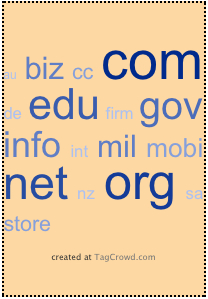My esteemed colleague Michelle Murrain lobbed the first volley in our debate over whether tis safer to host all of your data at home, or to trust a third party with it. The debate is focused on Software as a Service (SaaS) as a computing option for small to mid-sized nonprofits with little internal IT expertise. This would be a lot more fun if Michelle was dead-on against the SaaS concept, and if I was telling you to damn the torpedos and go full speed ahead with it. But we're all about the rational analysis here at Idealware, so, while I'm a SaaS advocate and Michelle urges caution, there's plenty of give and take on both sides.
Michelle makes a lot of sound points, focusing on the very apt one that a lack of organizational technology expertise will be just as risky a thing in an outsourced arrangement as it is in-house. But I only partially agree.







Recent Comments